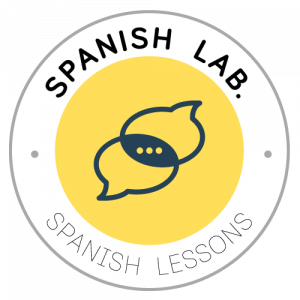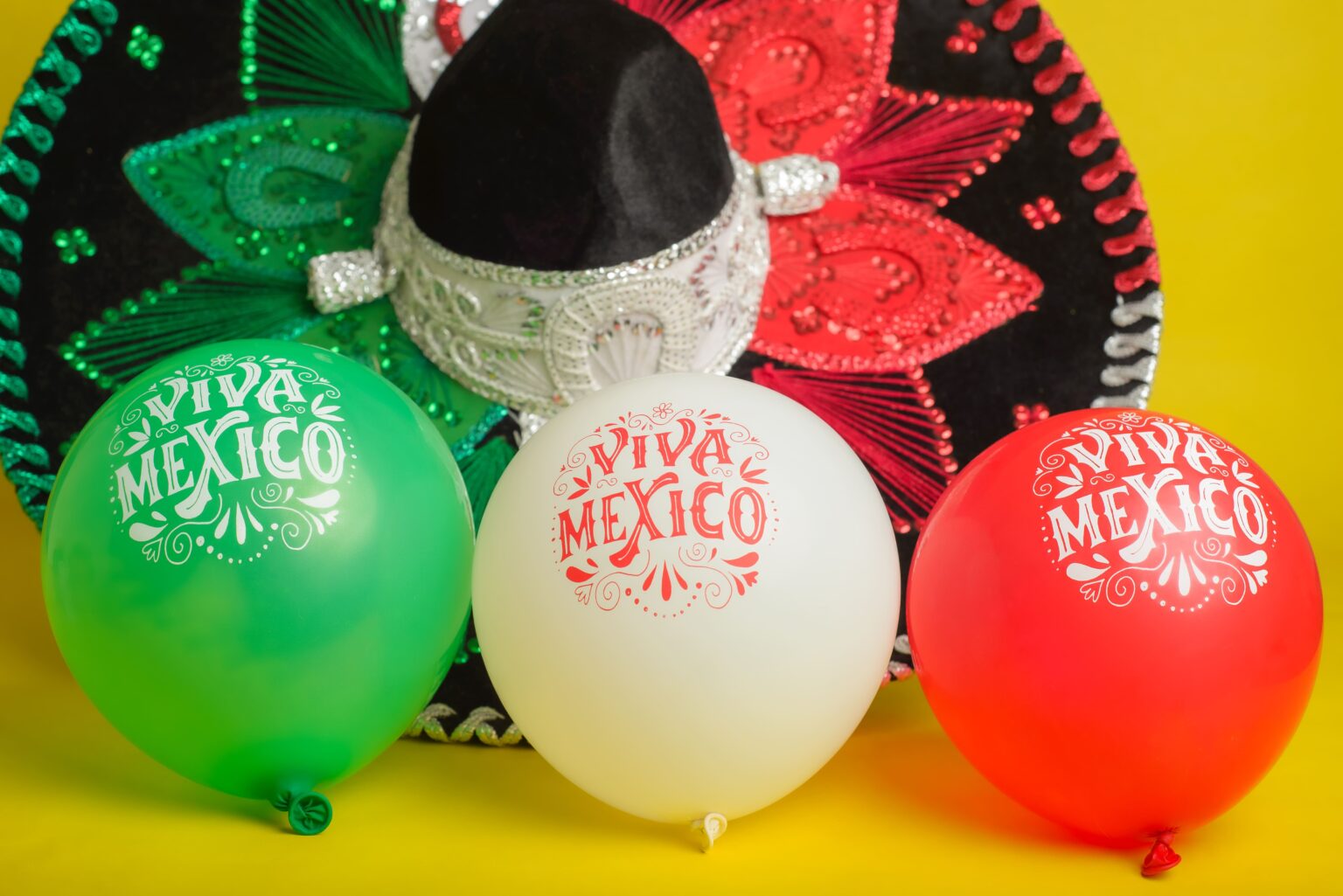Why Mexican Independence Day Matters
Every September 16, Mexico commemorates its Independence Day, one of the country’s most important holidays. For Spanish learners, this celebration offers more than history—it provides an opportunity to connect language learning with real cultural traditions. At Spanish Lab, we guide students to explore Mexican Independence Day through authentic vocabulary, expressions, and activities that make the language come alive.
The History Behind the Celebration
Mexican Independence Day marks the beginning of the fight for freedom from Spanish rule in 1810. The famous Grito de Dolores by Miguel Hidalgo symbolizes the start of this movement. Understanding this history helps learners see why the holiday remains such a powerful event, and it provides a chance to learn historical terms like independencia (independence), libertad (freedom), and héroes (heroes).
Traditions and Festivities
El Grito de Dolores
On the night of September 15, communities gather in town squares as local leaders reenact the Grito de Dolores. Crowds shout “¡Viva México!” while waving flags, singing, and celebrating. For learners, this moment offers vocabulary related to patriotism, pride, and unity.
Food and Family Gatherings
No celebration of Mexican Independence Day is complete without traditional dishes. Families prepare pozole, tostadas, and chiles en nogada. These foods allow learners to expand vocabulary related to ingredients, flavors, and mealtime expressions. Talking about food is one of the most practical ways to practice Spanish, as it ties directly to everyday conversations.
Music and Dance
Mariachi, folk songs, and regional dances fill the air during festivities. Learning the lyrics of traditional songs helps learners improve pronunciation, rhythm, and cultural knowledge. Music connects emotion with memory, making it a natural tool for language practice.
How Spanish Lab Incorporates Independence Day
At Spanish Lab, we integrate cultural celebrations into our Spanish lessons. Students practice role-playing conversations such as inviting friends to a party, describing decorations, or ordering traditional dishes. These scenarios simulate real-life situations and build confidence in speaking.
Conclusion
Celebrating Mexican Independence Day is more than just enjoying parades, food, and music—it’s about embracing the history and traditions that shape Mexican identity. For Spanish learners, it offers a rich opportunity to practice vocabulary, improve communication, and connect with culture in a meaningful way. With Spanish Lab’s programs, you can experience the excitement of Independence Day, turning culture into a powerful language-learning tool.

